
Unseaworthiness
If you’ve been injured or have any questions, contact us today.
Get Help NowThe vessel is the mariner’s workplace. The ship’s equipment, the vessel’s equipment, are his toolkit and a vessel owner or the operator owes a nondelegable duty, absolutely nondelegable duty to provide the mariner with a seaworthy vessel. Seaworthiness takes in equipment, that you have the proper safe and efficient equipment to perform the task at hand and safety. It also takes in the complement of the crew, the officers. Are the officers competent? Is there is sufficient amount workers or crew members to do the specific job at hand in a safe manner? The vessel owner owes the nondelegable duty to the mariner to provide a reasonably safe place to work, a reasonably safe vessel under the circumstances. Is the ship fit for its intended purpose? If there’s any question at all of the mariner as to whether a certain condition caused your injury and is actionable, call us. We’re experts at this and we’ll help you.
Unseaworthiness

About the Firm
If you’ve been injured or have any questions, contact us today.
Get Help NowThe working man is what built this country, not the captains of industry. From day one we’ve represented the crew members on a boat against the employers. This is where we’re actually accomplished not just for our client, but maybe more for the next guy. It’s our job to make sure you get every cent you’re entitled to under the law, and seamen have the most liberal, beneficial laws on the books out there in the United States. I’m always asked this question about how often you settle, and when do you settle, and why do you settle. Well, it’s always the client’s decision whether to settle or to go to trial. These are blue-collar people. They get hurt, I mean they’re sitting there turning the boats, they’re doing the grunt work. Unless you can empathize with that, you can’t possibly effectively represent them. The big corporation or small company – it’s the same thing. They want to keep their costs as low as possible. Once you get in the court, the littlest guy is equal in standing to the biggest corporation. In court, it’s two persons doing battle, so I don’t care how big the company is, they’re not bigger than you once you get into the court. We do whatever is needed to be done. We believe in a high, high level of service for our clients. We enjoy what we do, we make law all over the United States, and we make money while we’re doing it. That’s why you want to come to us because we love what we do. Do you want a lawyer that looks and thinks like you or do you want mister stuff shirt? We’ve got a reputation that’s not just local but nationwide, and people know who we are and they know what we do so when they’re confronted with a case that appears to have a maritime flavor to it, so to speak, they know who to call.
About the Firm

Vessels Involved
If you’ve been injured or have any questions, contact us today.
Get Help NowWhat is a vessel? That is the quintessential question. It takes in every description of watercraft or contravenes that can be used or is capable of being used to transport passengers or cargo by water and it doesn’t have to have its own self-propulsion, it doesn’t even have to be moving at the time. The concept really gets down to would a reasonable person view this watercraft as something that is capable or is it designed as capable of transporting persons or cargo.
Vessels Involved
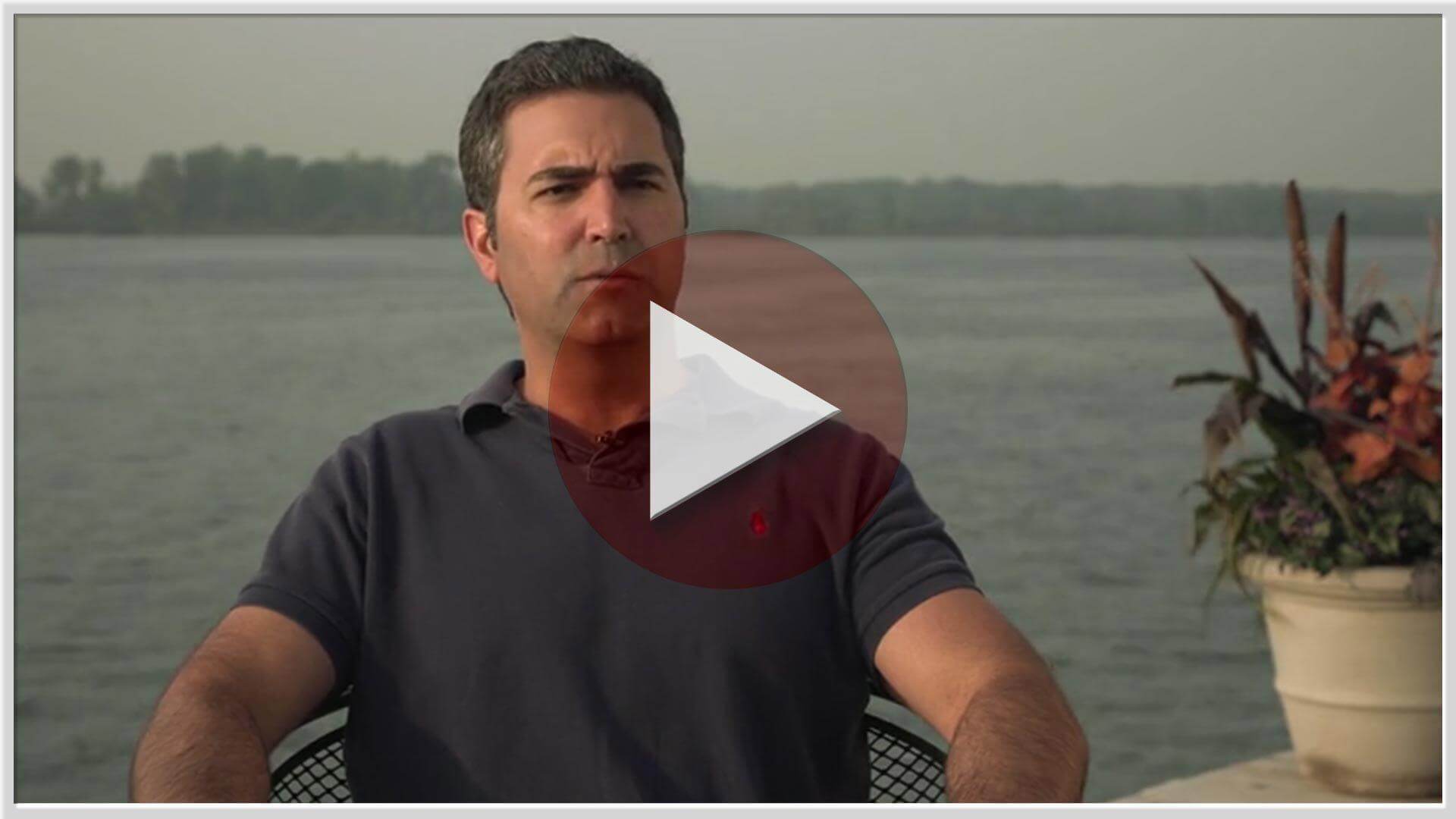
Compensatory Damages
If you’ve been injured or have any questions, contact us today.
Get Help NowI’d like to talk to you about what is known as compensatory damages. Compensatory damages is a broad category that encompasses things such as lost wages, medical expenses, loss of future earning power, as well as the more intangible damages such as pain, suffering, mental anguish, and loss of life’s enjoyment. It really is designed to compensate the victim for his or her loss.
Compensatory Damages
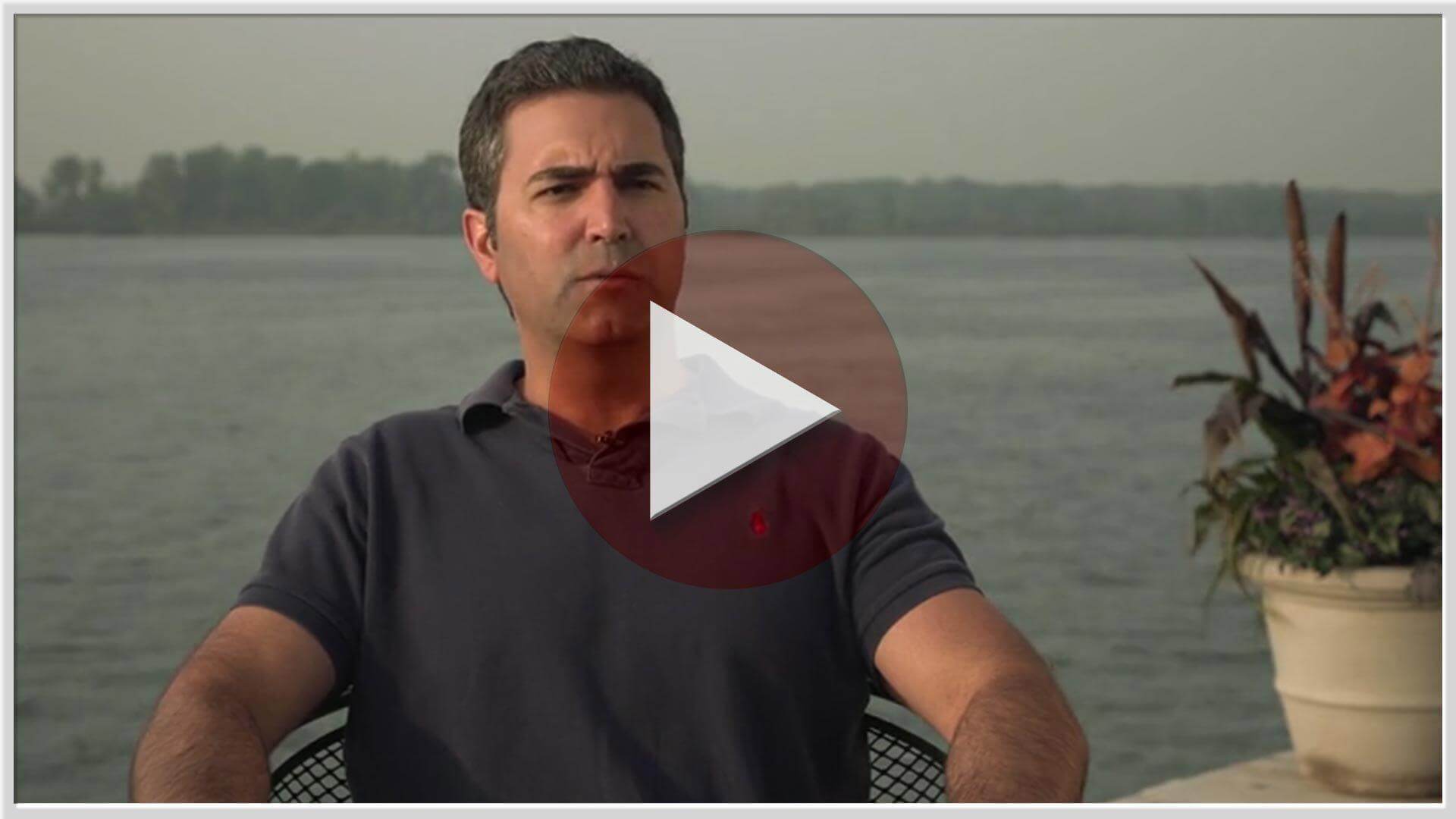
Types of Maritime Injuries
If you’ve been injured or have any questions, contact us today.
Get Help NowIn a maritime context injuries can mean a whole host of different things. Of course you’ve got physical traumatic injuries to physical injuries. Emotional type injuries are also compensable and recoverable under general maritime law, as are occupational diseases. So if you’ve had something happen to you while you’ve been in the workplace whether it be a succinct distinct traumatic injury or maybe this is something that you feel has developed over time, doing the same job in a particular manner, or maybe something has happened to you that has left you with an emotional-type injury. You should give us a call because chances are it’s going to be recoverable under the maritime law.
Types of Maritime Injuries
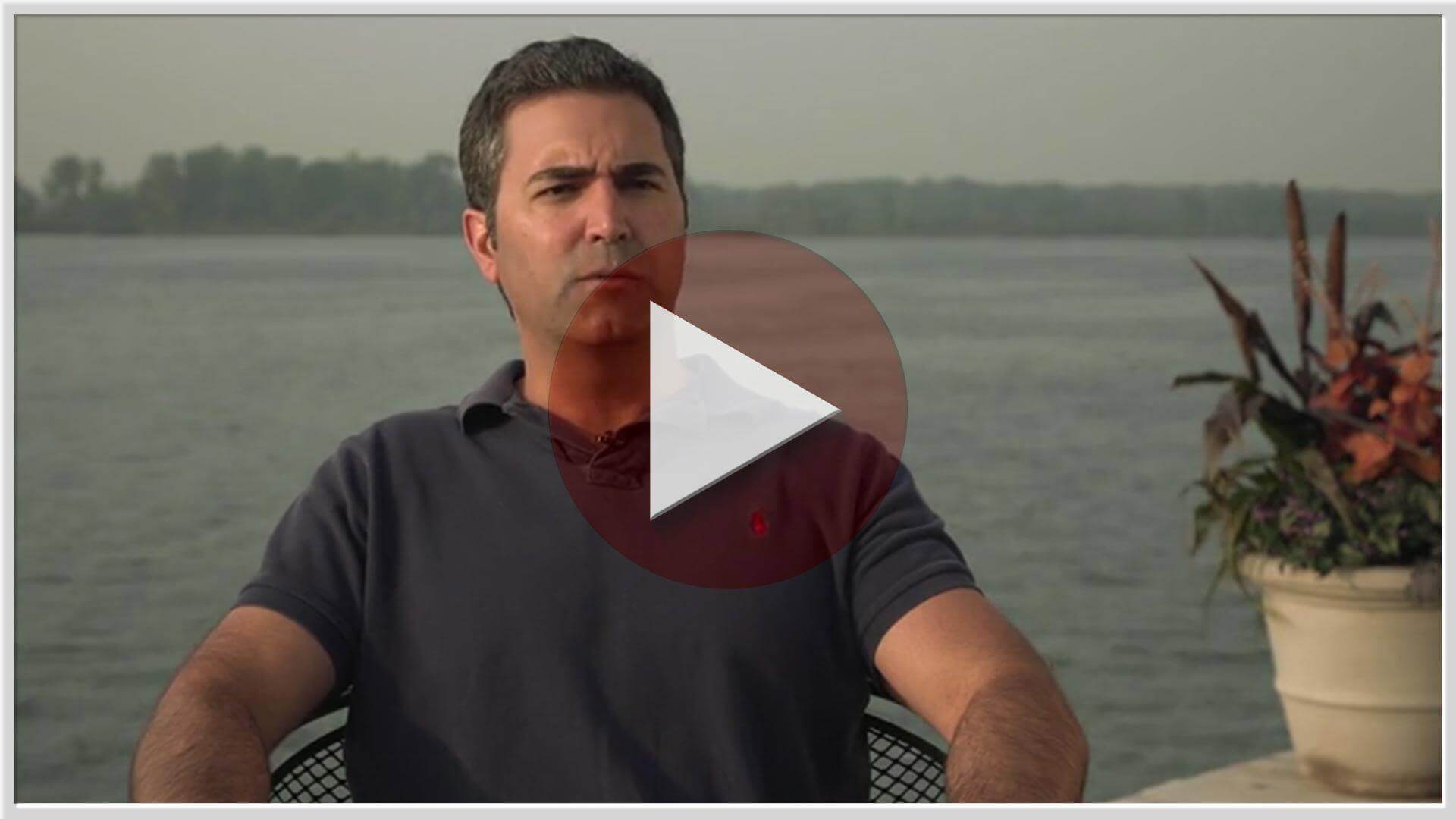
Longshore Act
If you’ve been injured or have any questions, contact us today.
Get Help NowI’d like to talk to you a little bit about the Longshore and Harbor Workers Compensation Act. Longshore Act is a federal workers’ compensation statute that covers longshoremen, or folks that load and unload vessels as well as various harbor workers that work in and around maritime ports or harbors. It affords a remedy for an injured worker to receive compensation as well as reasonable and necessary medical benefits, and in some instances also rehabilitation services through the US Department of Labor. If you’ve been injured or suffered an occupational disease while working in these fields, you should give us a call and we’ll help you out.
Longshore Act

Wards of the Court
If you’ve been injured or have any questions, contact us today.
Get Help NowSeamen have been considered to be wards of the court for hundreds and hundreds of years. A “ward of the court” is like you’ve heard before, like minors can’t enter into contracts – same thing for seamen. The court treats seamen as though they were babies. Now that’s a good thing! That’s because the court is going to bend over backwards to make sure your rights are respected and enforced. Seamen are ward of the court, and that’s a good thing.
Wards of the Court
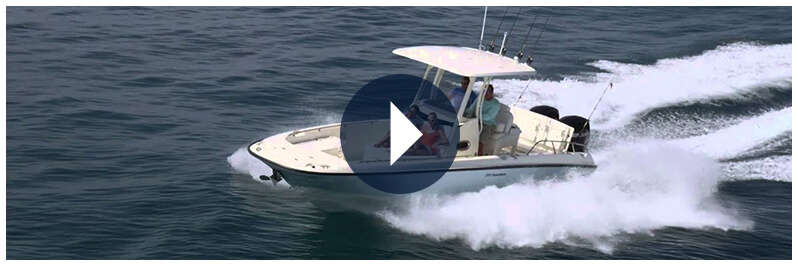
Pleasure Boating
If you’ve been injured or have any questions, contact us today.
Get Help NowPleasure boating as it applies to admiralty law and maritime law is probably one of the most problematic areas. The reason is that the people that are generally involved are not professionals; they are unknowledgeable about admiralty law, they’re unknowledgeable about what rights you may have should you be injured or suffer damage, or God-forbid a loved one dies as a result of a pleasure vessel accident. It is really important to seek out an expert in maritime or admiralty law to avoid pitfalls in such defenses in special aspects of the maritime law as in the limitation of liability act. So it’s very important that you get the advice in counseling of an expert maritime attorney.
Pleasure Boating

Maintenance and Cure
If you’ve been injured or have any questions, contact us today.
Get Help NowMaintenance and cure is the equivalent of workers’ compensation for a crew member. It’s supposed to be a person’s living expenses including his rent, mortgage payment, his lease – or whatever – plus his utilities, plus his food expenses. And “cure” is the medical. A lot of companies try to get away with paying $15 or $20 – even some companies $8 a day. Most lawyers won’t do it because they don’t make any money at it. We’ve done it more times than anybody around the United States: Gone to court to get your maintenance increased.
Maintenance and Cure
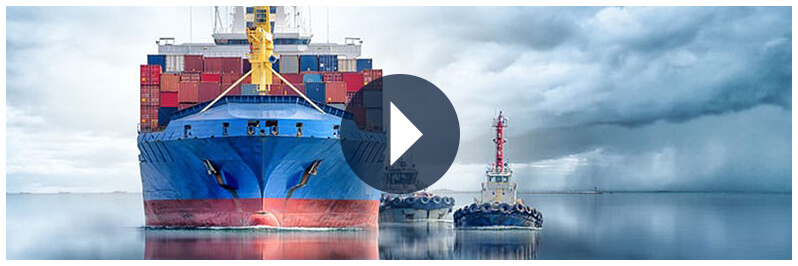
Jones Act
If you’ve been injured or have any questions, contact us today.
Get Help NowLet’s talk a little bit about the Jones Act. The Jones Act is a federal statute that affords a remedy to crew members, typically seamen working aboard merchant vessels, to recover for personal injury or death. It’s a very liberal and generous statute when it comes to awarding damages to an injured crew member. Any negligence that causes or contributes however slightly to the result in injury and damages is compensable. That’s something we specialize in and you should give us a call if you have been injured in a maritime setting.
Jones Act



